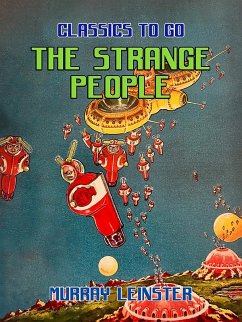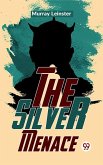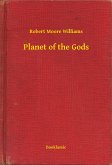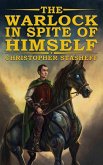The Strange People by Murray Leinster is a captivating anthology that draws readers into a world of mystery and romance set against the serene backdrop of New Hampshire. In the titular story, The Strange People, the protagonist Cunningham embarks on a thrilling quest to the enigmatic village of Coulters, where he meets the Strangers, a secretive group whose language and customs set them apart from their New England neighbors. Driven by his fascination with Maria, a girl whose photograph led him to this mysterious land, Cunningham finds himself in the midst of a dangerous conflict where fear and superstition threaten the Strangers' existence. As tensions rise, a sinister figure named Vladimir seeks to exploit their hidden past, forcing Cunningham to confront themes of love, identity, and the fear of the unknown. This story, rich in adventure and romance, invites readers to explore the complexities of human emotion and the quest for truth. The anthology's exploration of love stories and adventure stories, set within the atmospheric landscapes of New Hampshire, provides a compelling narrative that resonates with those who appreciate mystery fiction and tales of courage. As Cunningham battles to protect Maria and her people, the emotional depth and suspense of the narrative promise to engage readers who seek both adventure and heartfelt storytelling. The Strange People is a must-read for anyone drawn to tales of passion and discovery, ensuring it remains a standout collection in the realm of fiction.
Dieser Download kann aus rechtlichen Gründen nur mit Rechnungsadresse in A, B, BG, CY, CZ, D, DK, EW, E, FIN, F, GR, HR, H, IRL, I, LT, L, LR, M, NL, PL, P, R, S, SLO, SK ausgeliefert werden.









